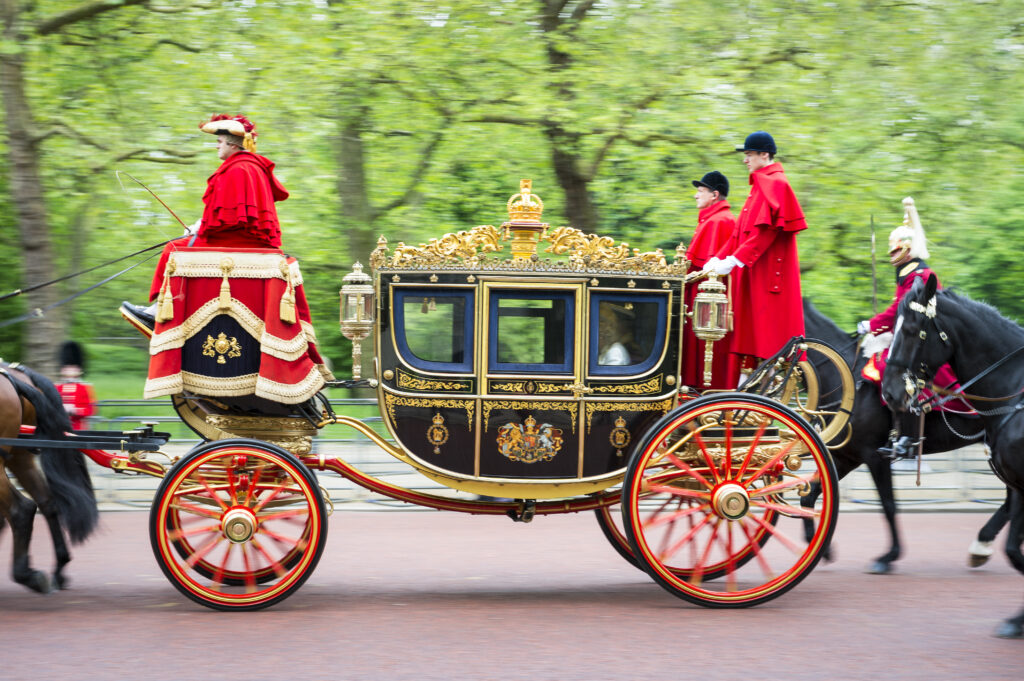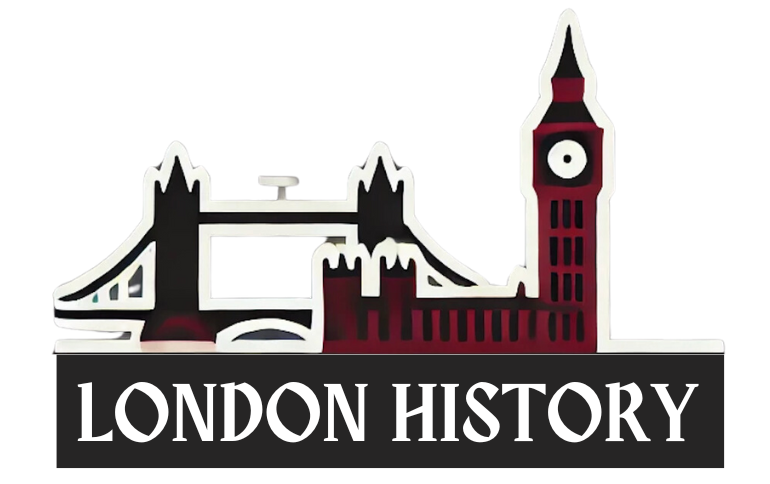The British Royal Family’s roles and duties have evolved significantly over the years. While they once wielded considerable political power, today, they primarily focus on ceremonial duties, public engagements, and charitable activities. These responsibilities ensure they remain a visible and unifying presence within the United Kingdom and the Commonwealth.
Members of the Royal Family attend state functions, represent the UK internationally, and support numerous charitable organisations. They also partake in community events, fostering a sense of national unity and continuity. The Queen, along with her family, plays a pivotal role in maintaining diplomatic relations and promoting British interests abroad.
Beyond their public engagements, they are involved in various patronages, supporting causes from healthcare to environmental conservation. This patronage provides visibility and support to critical issues and initiatives. Due to their high-profile status, their involvement often attracts attention and resources to the causes they endorse.
Constitutional and Ceremonial Duties
The British Royal Family plays essential roles in upholding traditions and ensuring governmental processes run smoothly. These duties encompass state events, approval of legislation, and diplomatic engagements.
State Opening of Parliament
The State Opening of Parliament marks the beginning of the parliamentary year. It is one of the most significant ceremonial events, with the monarch delivering the Queen’s Speech. This speech outlines the government’s agenda and legislative priorities for the coming year. The event takes place in the House of Lords and features elaborate protocols and traditions.
Guards of Honour and an official procession accompany the monarch. Members of both Houses of Parliament attend, and it is broadcast to the nation. This ceremony underscores the relationship between the Crown and Parliament and highlights the monarch’s role in the governance of the country.
Royal Assent and Prerogative
Royal Assent is a critical constitutional function performed by the monarch. Before a bill becomes law, it requires the monarch’s approval. This assent is largely a formality in modern times, but it remains a crucial step in the legislative process.
The Royal Prerogative includes various executive powers. While many of these powers are now exercised by ministers, the prerogative remains a symbol of the monarchy’s longstanding role. Examples include issuing passports, declaring war, and appointing bishops and judges. These activities are carried out by the government in the Queen’s (or King’s) name.
Diplomatic Roles
The Royal Family frequently engages in diplomatic duties. Members represent the United Kingdom at home and abroad, fostering goodwill and international relations. The monarch regularly receives and hosts foreign dignitaries, ambassadors, and High Commissioners.
The Royal Family also undertakes state visits to foreign countries. These visits aim to strengthen diplomatic ties and promote British interests. The emphasis is on cultural exchange, trade relations, and fostering mutual understanding. Royal tours demonstrate the soft power of the monarchy in enhancing the UK’s global standing.
State Visits and Receptions
State visits and receptions are key components of royal ceremonial duties. These events involve formal invitations to heads of state and government leaders to visit the United Kingdom. The monarch and other senior royals host these occasions, which are designed to reinforce diplomatic bonds.
Banquets, official dinners, and cultural events are common features. These occasions provide a platform for discussing bilateral relations and international cooperation. State visits often include visits to institutions, schools, and cultural landmarks, showcasing British heritage and innovation. Through these events, the Royal Family plays a pivotal role in statecraft and public diplomacy.
Charitable and Community Engagement

The British Royal Family plays an essential role in charitable activities and community engagement. They act as patrons of numerous charities, participate in public and voluntary services, promote British interests globally, and support the armed forces.
Patronages and Charities
Members of the Royal Family support a wide range of charities and organisations through patronage. Patronages help raise the profile of these organisations and enhance their outreach efforts. The Queen, the Prince of Wales, and other senior royals have hundreds of patronages among them, covering diverse issues such as health, education, arts, and the environment. Their involvement often includes visiting these organisations, attending events, and highlighting the causes they serve.
Public and Voluntary Service
Engaging in public and voluntary service is a significant duty for the royals. They regularly attend various events, from opening hospitals to participating in community projects. This involvement underscores their commitment to the nation and brings attention to important social causes. For instance, the Duchess of Cambridge has taken part in mental health initiatives, and Prince Harry has been active in veterans’ causes through the Invictus Games.
Promoting British Interests
The Royal Family acts as ambassadors for the United Kingdom, promoting British culture, trade, and values both domestically and internationally. Overseas tours and state visits by members of the Royal Family help foster bilateral relations and drive economic partnerships. Their presence at international events, such as World War commemorations or trade fairs, underscores the influence and reach of British diplomacy and culture.
Supporting the Armed Forces
Support for the armed forces is a long-standing tradition for the Royal Family. Many members have served in the military themselves, bringing a personal commitment to their roles. The royals often attend ceremonial events, such as Trooping the Colour and Remembrance Day services, to honour military personnel. Additionally, they support military charities and initiatives that assist veterans and their families.
